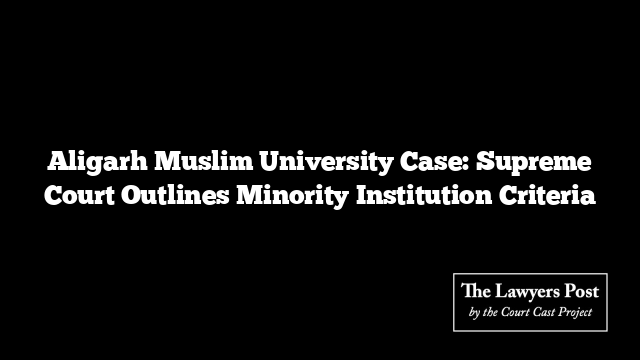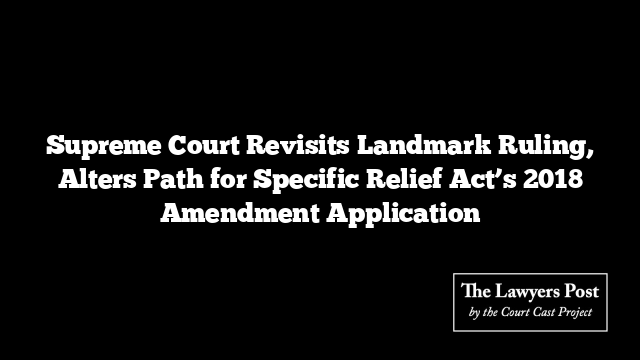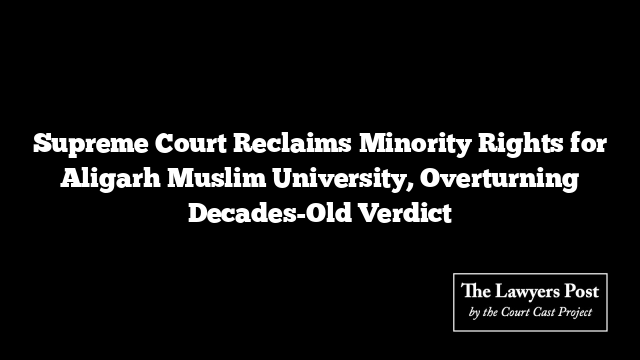In a landmark judgment regarding Aligarh Muslim University (AMU), India’s Supreme Court has laid out critical guidelines for determining when an educational institution qualifies for minority status under Article 30(1) of the Indian Constitution. Chief Justice of India DY Chandrachud emphasized that both establishment and administration must be jointly fulfilled by a minority community for an institution to claim such protection.
Key Takeaways from the Judgment
- Establishment and Administration: The rights to “establish” and “administer” are inseparable under Article 30(1). This ruling suggests that a minority community’s intent and active participation in administration are necessary to retain minority status. Merely establishing the institution without a role in administration does not fulfill the Article’s requirements.
- Historical Establishment: The Court affirmed that Article 30(1) protections apply to institutions founded before India’s Constitution came into force. Restricting minority status to post-Constitution establishments would undermine the Article’s purpose.
- Legal Foundations and Minority Status: An institution’s foundation by statute does not automatically strip it of minority status. The originators’ identity—whether a religious or linguistic minority—is the decisive factor, irrespective of any legislative framework or state aid received.
- Administrative Composition: Minority institutions need not exclusively appoint community members to their administrative structures, especially in professional education settings like law or medicine. The Court ruled that an institution’s minority character can persist even with diverse administrators, as long as its establishment served the minority community’s educational values.
- Inclusive Funding: Contributions from other communities do not invalidate an institution’s minority status, provided the founding responsibility remains with the minority community.
- Symbols and Worship: Displaying religious symbols or having a place of worship on campus is unnecessary to prove minority character. Educational institutions may pursue secular objectives while serving a minority community’s broader interests.
- Intent and Funding Origins: The court clarified that the intent and funding origins are crucial. Proof of community-led ideation, funding, or land acquisition by the minority group solidifies claims to minority status, even if state support is later extended.
This decision underscores a nuanced interpretation of Article 30(1), ensuring that protections apply without rigid tests that would limit minority communities’ rights to shape educational institutions in alignment with their heritage and goals.





